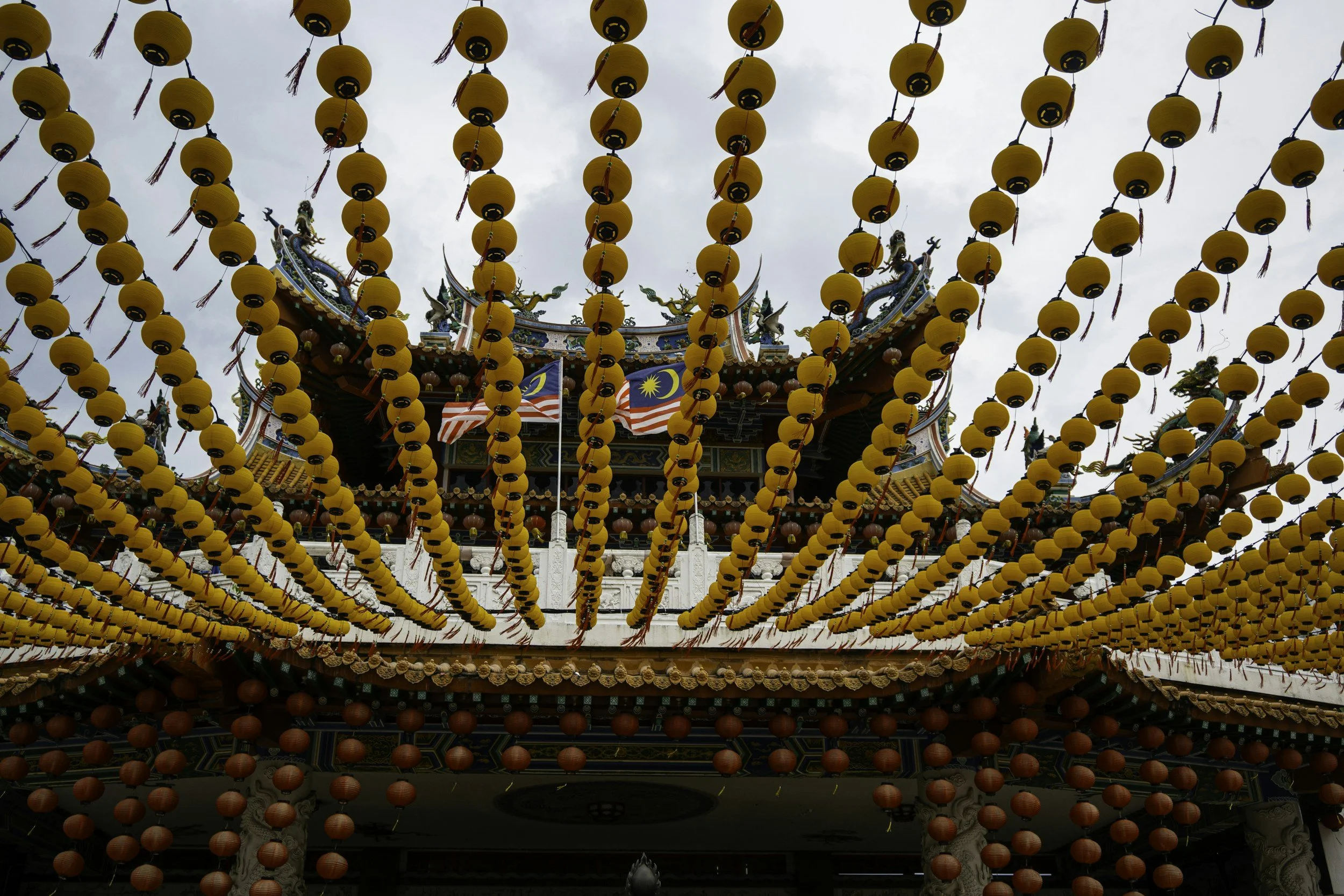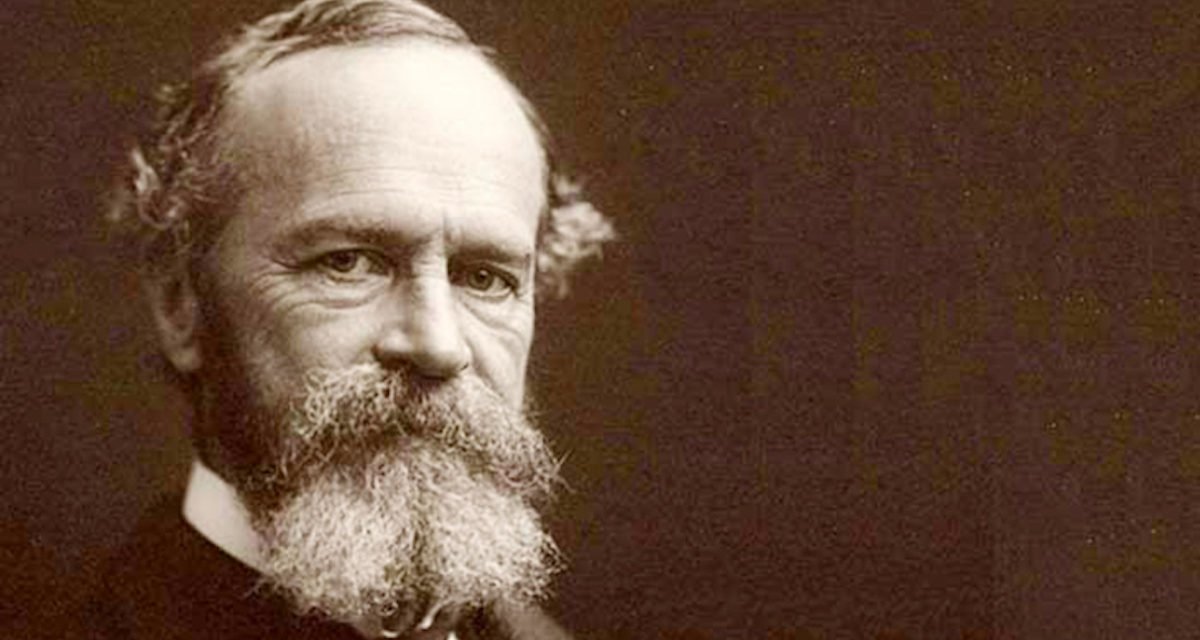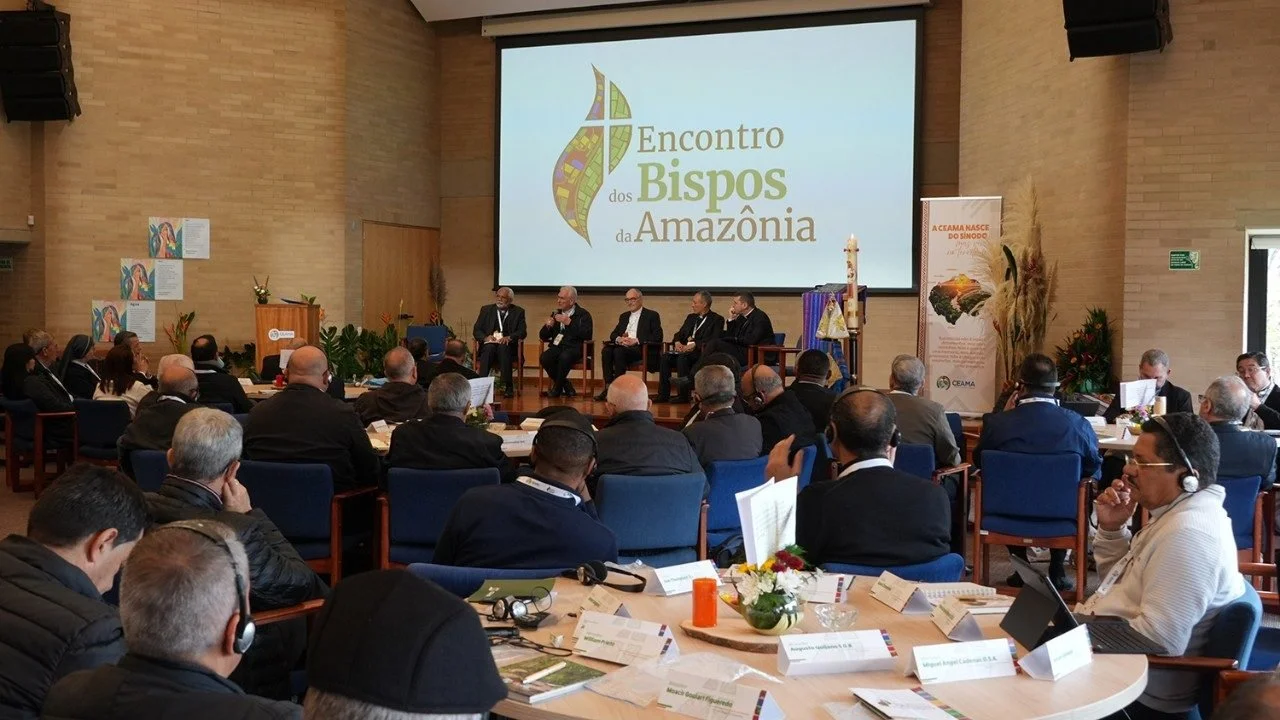(ANALYSIS) Religious traditions across cultures have often treated menstruation and childbirth as sources of ritual impurity. In Chinese Buddhism, the “Blood Bowl Scripture” condemned women to “Blood Pond Hell.” Today, women reinterpret these beliefs, emphasizing maternal sacrifice, agency and alternative understandings of female bodies.
Read More(ANALYSIS) William James is remembered as the father of American psychology. But for many believers, he holds a different place altogether. He stands as one of the rare modern thinkers who refused to mock faith. He didn’t preach religion, and he certainly didn’t try to dress it up in academic jargon. Instead, he studied it with care, reverence and genuine respect.
Read More(ANALYSIS) Let’s start with a question: Have you heard leaders in your congregation discuss any of this information in a setting that will reach active members, as opposed to special events that draw the “usual suspects” in the flock (maybe 10-20% of members) that attend just about everything?
Read MoreIndia’s Catholic educational institutions have become unlikely climate champions. Now, they are teaming up with other faith leaders in the “Green Revolution.” In fact, across India’s sprawling landscapes, Christian organizations are stepping up with urgency and creativity to confront the mounting challenges posed by climate change.
Read MoreThe only humans yet to set foot on the Moon are American astronauts in the series of six Apollo landings that ended 53 years ago. But last January, President Donald Trump’s Inaugural Address proclaimed a far more extraordinary goal: “We will pursue our manifest destiny into the stars, launching American astronauts to plant the stars and stripes on the planet Mars. . . . Americans are explorers, builders, innovators, entrepreneurs, and pioneers. The spirit of the frontier is written into our hearts. The call of the next great adventure resounds from within our souls.”
Read MoreIn the most recent Lifeway Research study, the youngest and oldest Americans are among the most likely to support physician-assisted suicide. Those 18-34 (56 percent) and 65 or older (54 percent) are more likely than those 50-64 (45 percent) to see the practice as morally acceptable. Men are also more likely to agree than women (54 percent vs. 49 percent).
Read MoreAfter 40-plus years on the Godbeat, let me offer this observation: It’s extremely difficult to write about ancient, complex, often mysterious religious beliefs and doctrines in language that is both accurate and easily understandable in the mainstream media.
Read More(ANALYSIS) In a moment of both theological significance and pastoral clarity, Pope Leo XIV made his most consequential intervention yet on the church’s role in the Amazon. In a recent message, the pope struck a firm tone to 90 South American bishops meeting in Bogota, Colombia — affirming the Catholic Church’s mission and offering a course correction from the recent past.
Read More(REVIEW) The book presents a Christian framework for everyday life that may resonate with readers of various faiths. However, the writing quality is uneven; while some chapters are accessible, others use complex language that may be challenging for some readers. Despite its limitations, this collection is worth reading in an age marked by AI, anxiety and burnout.
Read More(ESSAY) On Aug. 9, 1945, the U.S. dropped a bomb called “Fat Man” on Urakami, Japan, the most Christian suburb of the most Christian city in Japan: Nagasaki. It is the forgotten bomb, the silent bomb. Hiroshima, being the city where the first nuclear bomb, less powerful than the Nagasaki bomb was detonated, is the atomic bombing that all peace movements acclaim: “No more Hiroshimas!”
Read More(ANALYSIS) I think the best description of attitudes toward gene editing is ambivalence. About 30% of the public thinks this is a good idea, and the exact same share thinks it’s a bad idea. The plurality response was “not sure” at 40% of the general public. That’s a pretty good indication to me that the average person is not spending a whole lot of time thinking about the implications of gene editing.
Read More(ANALYSIS) One hundred years ago this month, Americans were transfixed as a Tennessee courtroom hosted challenge to the state’s new law barring “the teaching of the Evolution Theory” in public schools, including colleges. The prohibition covered “any theory that denies the story of the Divine Creation of man as taught in the Bible.
Read More(ANALYSIS) I am not saying all media technologies, companies or content are necessarily tools of Satan. I am saying their overwhelming domination of our attention distracts us from deeper work – on our families, our communities and ourselves and this spiritual adversary can use those distractions for his own, deceptive purposes.
Read MoreAs a Christian ecologist and professor at Gordon College, Dorothy Boorse has endeavored to connect science to faith communities for over 30 years. Throughout her writing, she links the core Christian values of justice, compassion, and caring for the least of these to pressing climate issues. She recently spoke with Religion Unplugged about her career shift from pre-med to wetland ecologist, loving your neighbor, and polarization on environmental issues during the Trump administration.
Read MoreThe world became familiar with Barry “Butch” Wilmore and Suni Williams’ unplanned nine-month stay at the International Space Station. Only recently, though, are we learning the tenuous story of how they got there. In an interview, Wilmore shared never-before-heard details on the Boeing Starliner craft’s approach with the ISS last June and the “very precarious situation” he and Williams encountered.
Read MoreNearly 80 percent of evangelical Protestant pastors reject the scientific consensus that the climate is changing and human actions are a major cause, according to a new report. Only about one-quarter of clergy from other Christian traditions, such as Catholic and mainline Protestants, share this same skepticism.
Read More(ANALYSIS) If Musk is anything, it’s audience-savvy. To get to the position he now finds himself in, aligning with Christian values wasn’t just wise, it was necessary. With the MAGA base increasingly rallying against progressive secularism, Musk’s newfound faith acts as a bridge to this vital demographic. Cynical? Absolutely. But the wealthiest man in the world didn’t build his empire by ignoring optics.
Read More(REVIEW) Bryan Johnson went viral several times before the recent release of his Netflix documentary “Don’t Die: The Man Who Wants to Live Forever.” The title says enough about his goal and the source of his virality — but his story, of course, goes deeper than his obsession with extending his lifespan.
Read MoreMotivated by their faith, many religious institutions across Connecticut are working toward environmental goals by completing green challenges, participating in advocacy, and growing gardens. “God has given us this amazing Earth. … We’re charged with being good stewards of that, and we should use that power wisely,” said Laura Baird of Asylum Hill Congregational Church’s Climate Action Group.
Read MoreThe bottom line: Next year, more journalists need to attend some of the worship services linked to the March for Life. They will hear plenty of voices, young and old, stressing that the sanctity of human life is too complex to be discussed in political terms, alone.
Read More



















